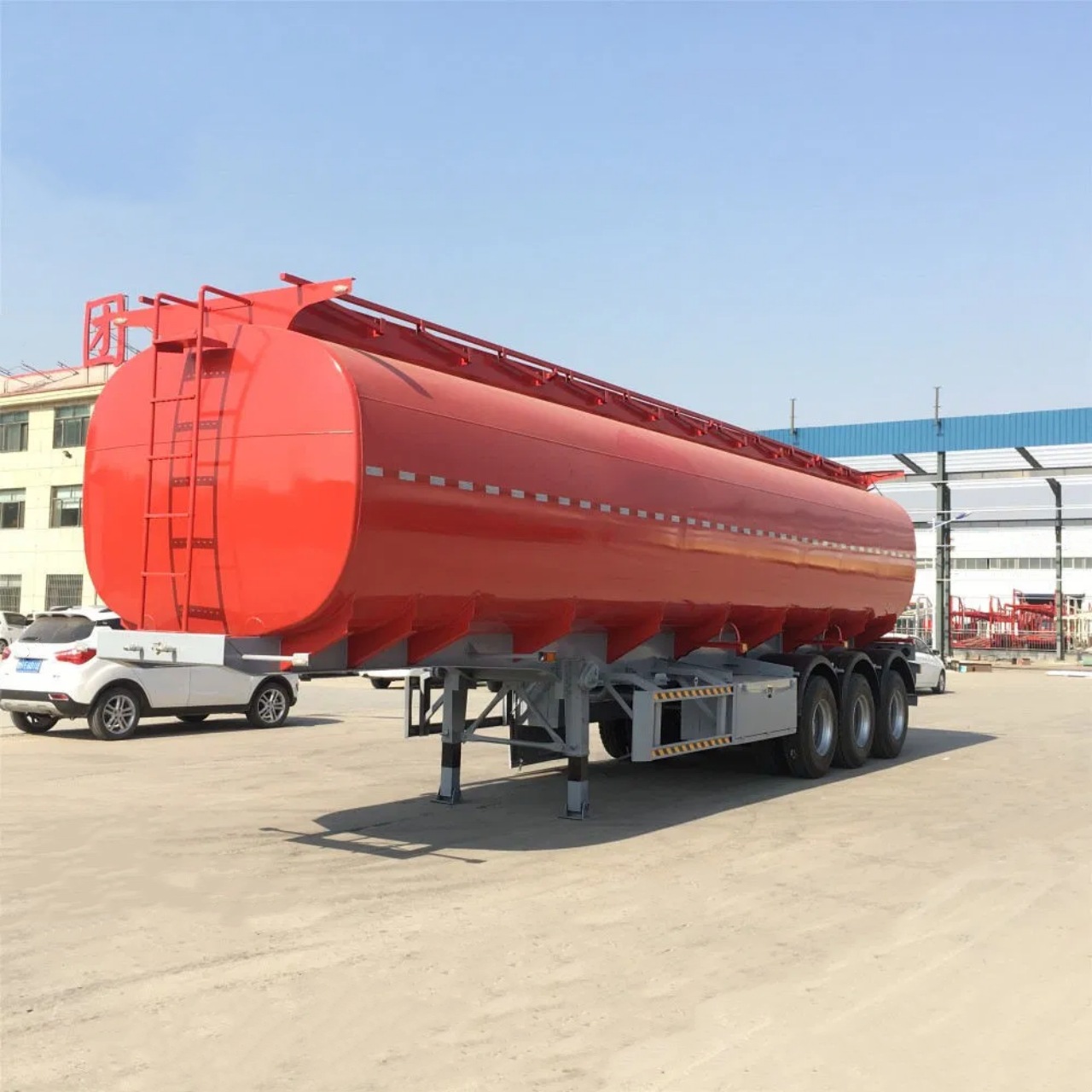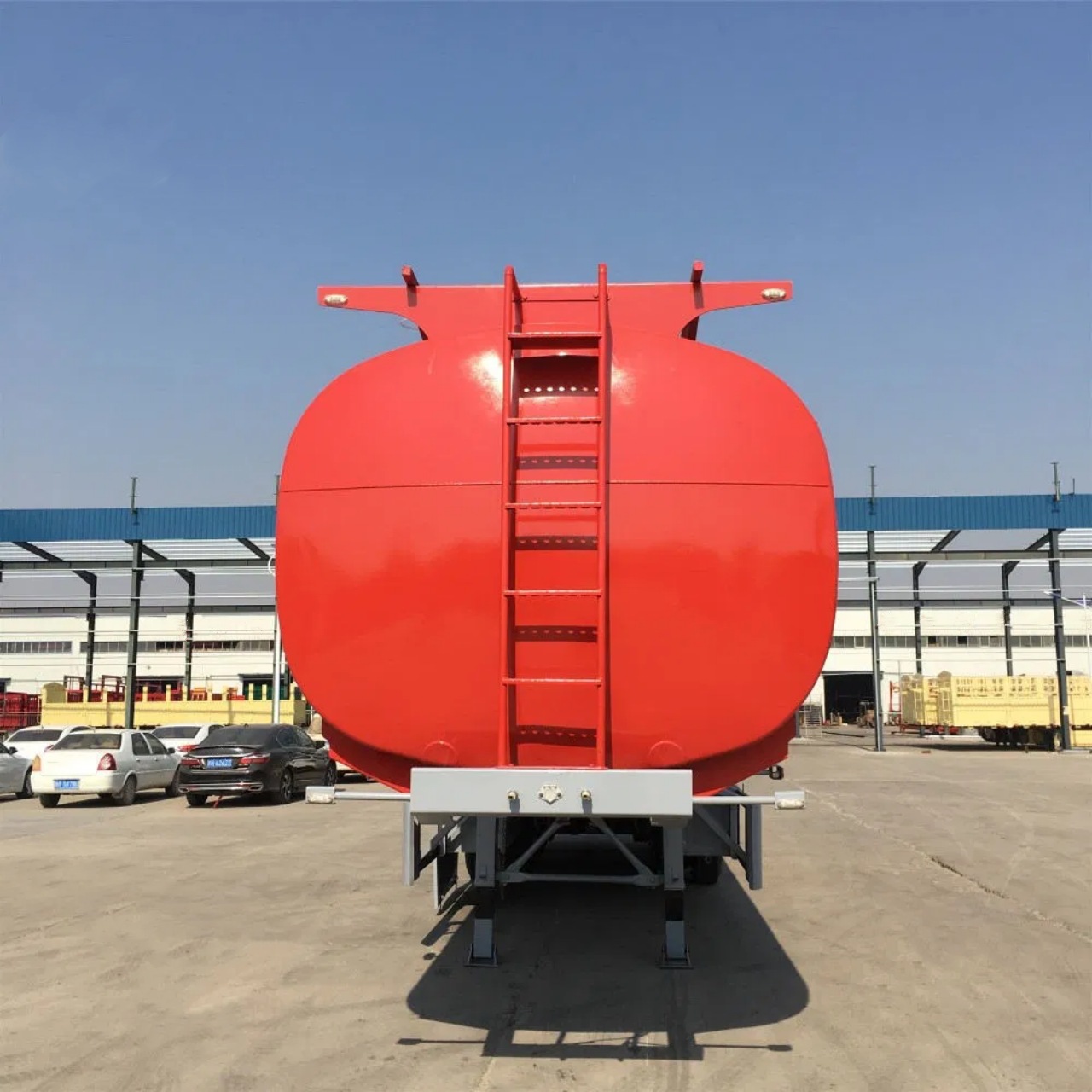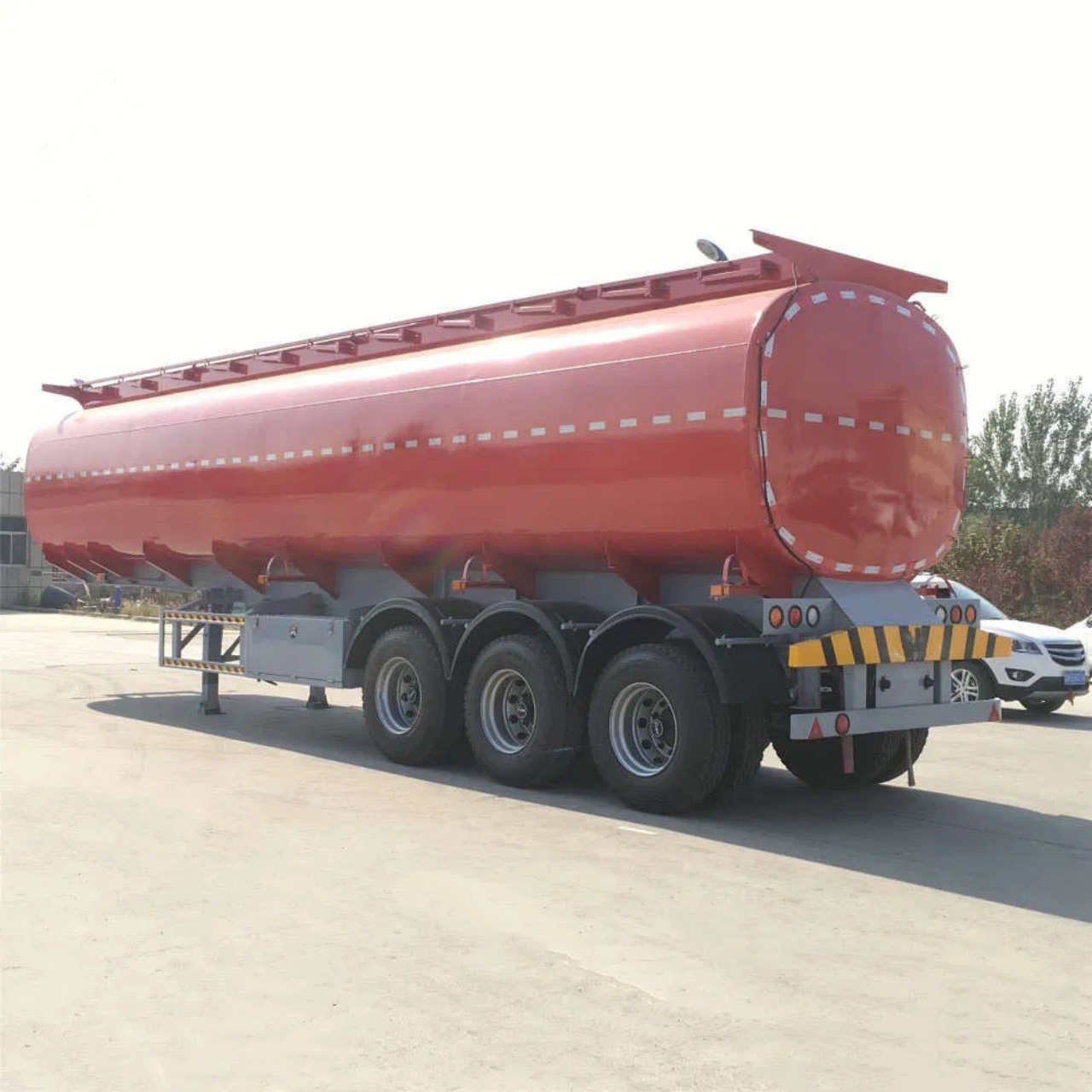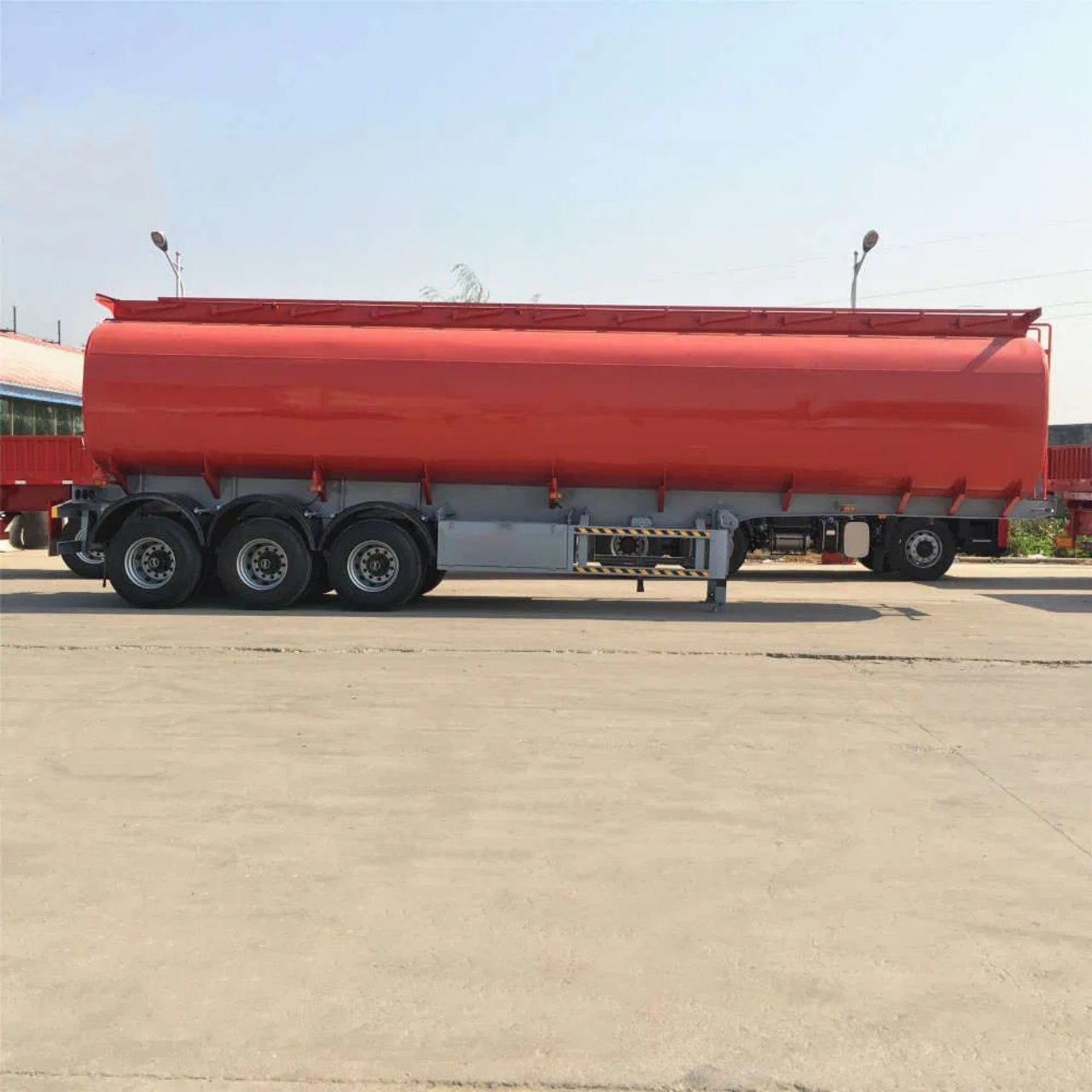Fuel trailers play a crucial role in the transportation and distribution of fuel, ensuring a steady supply of gasoline, diesel, aviation fuel, and other petroleum products. These trailers are commonly referred to by various names, depending on their design, purpose, and region. In this article, we will explore the terminology, types, uses, and key specifications of fuel trailers.
Common Names for Fuel Trailers
A fuel trailer can be known by different names based on industry standards, geographic location, and function. Some of the most common terms include:
- Fuel Tank Trailer – A general term used for trailers that transport liquid fuels.
- Tanker Trailer – A broader classification that includes trailers designed for various liquid cargoes, including fuel.
- Petroleum Tanker – Specifically used for trailers that transport petroleum-based fuels.
- Diesel Trailer – Used when the trailer is primarily designed for transporting diesel fuel.
- Gasoline Tank Trailer – Refers to trailers that carry gasoline.
- Aviation Fuel Trailer – Specialized fuel trailers are designed to carry jet fuel or aviation gasoline.
- Mobile Fueling Trailer – A smaller, portable fuel trailer used for refueling vehicles or equipment on-site.
- Bulk Fuel Transporter – Indicates a trailer used for bulk transportation of fuel.

Types of Fuel Trailers
Fuel trailers come in various configurations to meet different transportation and distribution needs. The main types include:
1. Semi-Trailer Tankers
These are the most common fuel trailers, designed to be attached to a semi-truck. They typically have a large capacity and are used for long-distance fuel transportation. They can carry up to 12,000 gallons or more, depending on local regulations and design specifications.
2. Pup Trailers
Pup trailers are smaller fuel tankers that can be towed behind a primary fuel tanker, increasing fuel-carrying capacity without using a larger single trailer.
3. Rigid Tanker Trailers
Unlike semi-trailers, rigid tanker trailers have a fixed tank mounted on a truck chassis. They are often used for city deliveries or short-distance fuel distribution.
4. Portable Fuel Trailers
These are small, mobile fuel trailers with tanks ranging from a few hundred to a few thousand gallons. They are used for on-site refueling of agricultural machinery, construction equipment, or aircraft.
5. Aviation Fuel Trailers
Specially designed to transport and dispense aviation fuel, these trailers feature filtration systems to maintain fuel purity and prevent contamination.
6. Refueling Trailers
Refueling trailers are equipped with pumps and dispensers to provide fuel directly to vehicles and equipment. They are commonly used in mining, agriculture, and military applications.
Components of a Fuel Trailer
A fuel trailer consists of several key components that ensure safe and efficient transportation:
- Tank Body – Typically made from aluminum, stainless steel, or carbon steel, designed to hold fuel securely.
- Compartments – Many trailers have multiple compartments to transport different types of fuel simultaneously.
- Baffles – Internal barriers that reduce fuel movement (sloshing) during transportation.
- Pumping System – Includes pumps and hoses for fuel loading and unloading.
- Vapor Recovery System – Prevents fuel vapor emissions, improving safety and environmental compliance.
- Emergency Valves – Shutoff mechanisms to prevent spills and leaks in case of an accident.
- Manholes and Hatches – Provide access to the interior of the tank for maintenance and inspection.
- Chassis and Suspension – Ensure stability and durability under heavy loads.

Regulations and Safety Standards
Fuel trailers must comply with various safety and regulatory standards to prevent accidents and environmental hazards. Some of the key regulations include:
- Department of Transportation (DOT) Standards (USA) – Covers construction, labeling, and operation of fuel trailers.
- ADR Standards (Europe) – Governs the transport of dangerous goods by road, including fuel.
- Hazmat Regulations – Require drivers to have specialized training and certification for handling hazardous materials.
- EPA Emission Standards – Set guidelines for vapor recovery and spill prevention.
- Fire Safety Standards – Ensure that trailers have fire-resistant coatings and emergency shut-off valves.
Applications of Fuel Trailers
Fuel trailers are used across multiple industries, including:
1. Oil and Gas Industry
Fuel trailers are essential for transporting crude oil and refined petroleum products from refineries to distribution centers.
2. Agriculture
Farmers use portable fuel trailers to refuel tractors, harvesters, and irrigation pumps in remote locations.
3. Construction
Construction sites rely on fuel trailers to supply heavy machinery such as bulldozers, excavators, and generators.
4. Aviation
Airports use specialized fuel trailers to refuel commercial aircraft, private jets, and helicopters.
5. Military
Armed forces use fuel tankers to supply fuel to vehicles, aircraft, and ships in remote or combat zones.
6. Mining
Mining operations require large amounts of fuel for haul trucks, drills, and other equipment, making fuel trailers an essential component of the industry.

Choosing the Right Fuel Trailer
When selecting a fuel trailer, several factors must be considered:
- Capacity – The required fuel volume will determine the size and type of trailer needed.
- Material – Aluminum tankers are lightweight and corrosion-resistant, while stainless steel is ideal for aggressive fuel types.
- Regulatory Compliance – The trailer must meet local and international safety standards.
- Pump and Dispensing System – Consider whether a trailer with a built-in pump is necessary for refueling operations.
- Compartmentalization – Multi-compartment trailers allow for transporting different fuels in one trip.
Conclusion
Fuel trailers, also known as fuel tank trailers, tanker trailers, or petroleum tankers, are indispensable for transporting and distributing fuel efficiently and safely. With various types designed for specific applications, choosing the right fuel trailer involves understanding capacity requirements, regulatory compliance, and operational needs. Whether used in agriculture, construction, aviation, or industrial settings, fuel trailers play a critical role in keeping industries moving.


